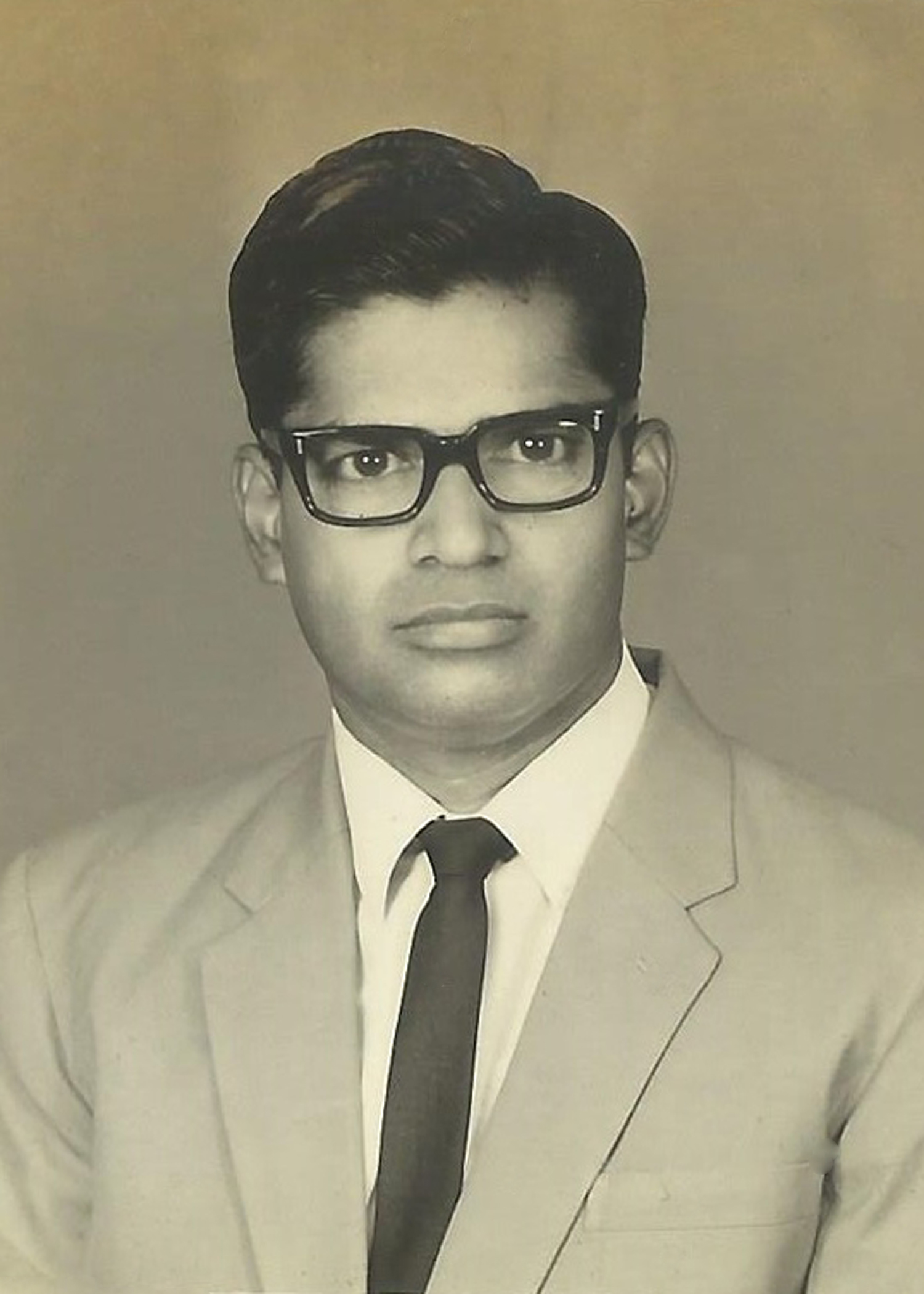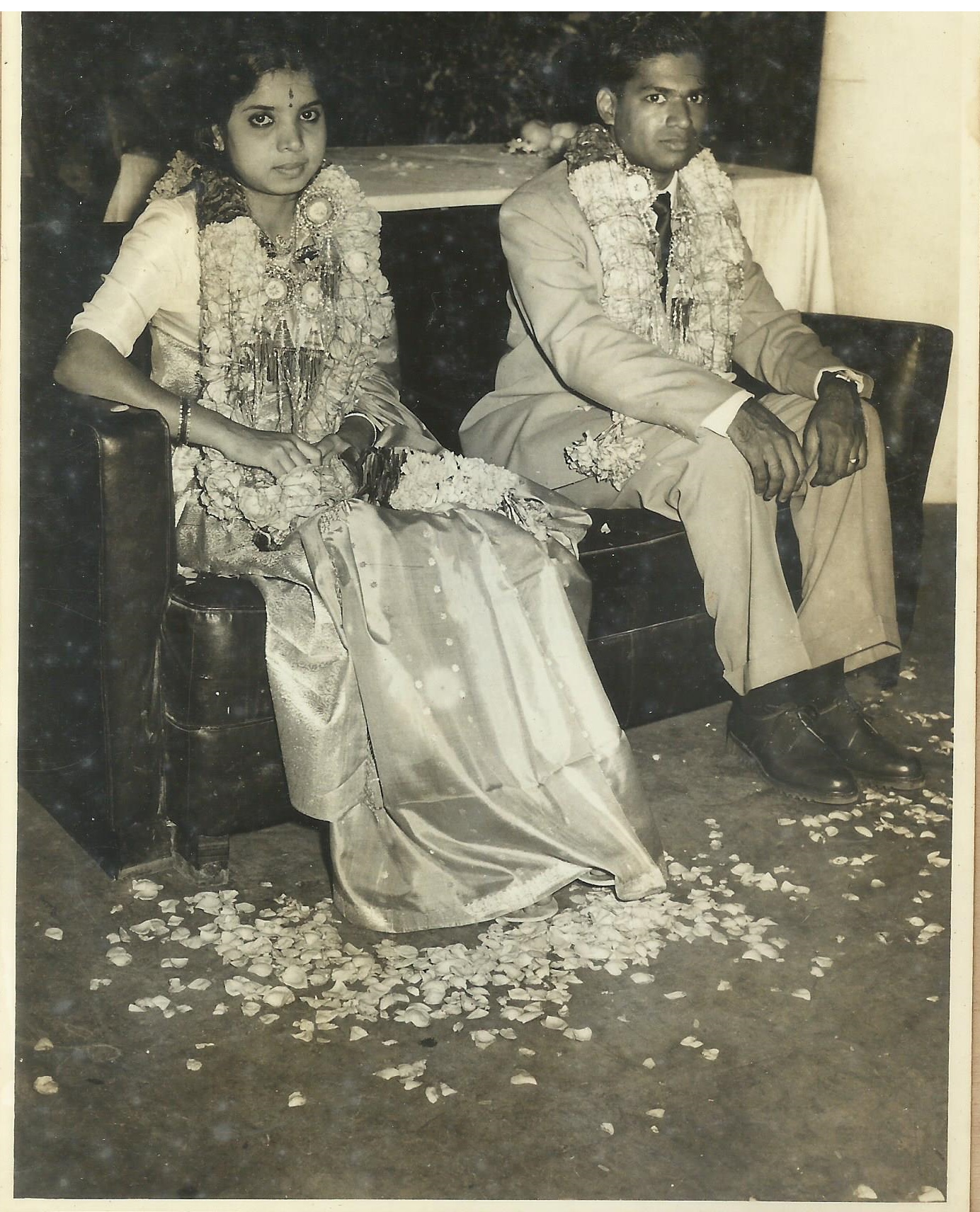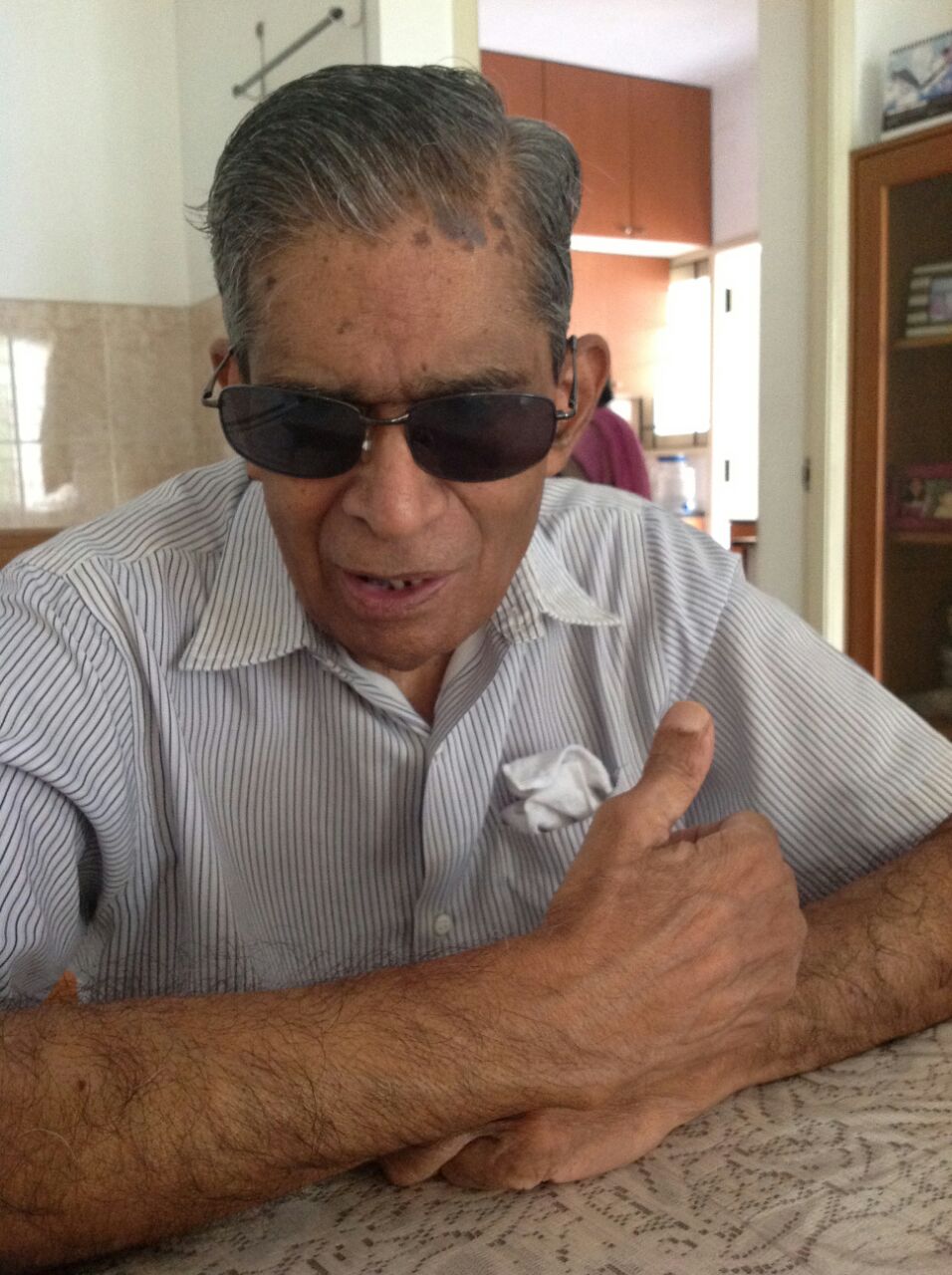
My father, Dr. B. Gopalakrishnan, passed away on the 14th of January this year, due to complications in the lungs. He was 84. His suffering, I am glad to say, was short.
This is a short piece about him, about how kind and gentle and strong he was not just to us but also to all who knew him. I write this even as I know that no words can fully do justice.
The second of 4 children, my father was born in 1932 to Mrs. Janakamma and Dr. B. T. Krishnan, who was at different times the Dean of the Madras Medical College and the Mysore Medical College. He grew up, by all accounts, in rare surroundings. He told us of Oldsmobile and Citroen cars in his home’s driveway in the 30s, of too many domestic staff to count, of neighbours who were among the wealthiest in Madras Presidency. And yet, if you’d met him, you would not have guessed any of this – he was more modest than anyone I have known. From all that I have heard, he was also full of mischief and adventure – as a young boy he climbed every single tree in their vast house in Vepery without fear. (In this formal studio family photo, he’s the 5-year old boy on the extreme left.)

The schools he studied in were The Church of Scottish Mission (present-day CSI Bain’s School), St. Philomena’s High School in Mysore, and later, Madras Christian College High School in Chennai. His English was very proper and a tad British. The worst invective I have ever heard from him was the word “blighter” which he uttered when a motorcyclist cut us off rudely in Egmore in the 70s. He quoted Coleridge, Dickens, Tennyson and Walter Scott. He had a way with words that made me pause and think. “Distant hills are smooth” was his way of saying that with the passage of time, nothing remains serious. “No time like the present” is how he approached anything that needed to be done.
In this photo on the left, he is perhaps 4, and is standing with his sister Kamala and brother Sathya.
His love for reading rubbed off on us. I came to know from him of heroes such as Sherlock Holmes and Brigadier Gerard by Arthur Conan Doyle and Tarzan by Edgar Rice Burroughs. As a college student in the 50s, he walked every week to the American Embassy on Mount Road and read the New Yorker magazine. Decades later, he enjoyed articles by Joan Acocella and Daniel Mendelsohn from the issues of the print edition I brought with me when I went to see him and Mum for a coffee. He took great pleasure in a few select pieces in the Economist and made sure we didn’t miss reading them. For some mysterious reason, he was always happy to receive articles, books and documentaries on Russia or Siberia.

His other great love was classic movies. I came to know from him of films like ‘The Bicycle Thief’ by Vittorio de Sica and ‘Rebecca’ by Hitchcock. What impressed me more than the sheer vastness of his reading and viewing was his impeccable memory of dialogue and details from films he’d seen many decades ago. Late last year, he spoke of how important supply lines are to an army and he cited a scene from the film ‘The Battle of the Bulge’ where the Germans marvel at a 2-days-old cake from Boston that had been brought to the Allied forces in the Ardennes for Christmas.
Dad helped us study by sitting nearby in his very comfortable cane “easy chair” reading newspapers and shareholder reports, always available to answer any questions we might have. He helped us cover our notebooks in the mandatory brown paper our schools gave us. Since there were no such rules for text books, he would cover them with “atta”, the thick cardboard-type covers of shareholder reports that we got in the mail. Our text books would therefore feature colourful logos from Brooke Bond or Atlas Copco or English Electric. When any of our books started to fall apart, he’d make them strong again by stitching the books with a thick twine. Later on, when we were older, he encouraged us to seek our own career paths, even if it did not include the path of a doctor. When I decided in 2010 to quit my Information Technology job to become a consultant / trainer, after five minutes of listening to me about my plans, he simply asked, “What are you waiting for?” When I started landing training gigs, I would drive over and give him the news in person. I’ll never forget his grin of pleasure and his firm grip of my hand as he said, “Terrific!” every single time. I wanted to win more training opportunities just for these moments.

He was a private man who loved spending time with his family. He was unfailingly polite to all whose paths crossed his. He attended all the functions he was invited to and “made all the right noises”. He never once gave offence or indulged in petty gossip. He told us, “If you can’t say anything nice about someone, don’t say anything at all” and he practiced this all his life. His classmates from his MBBS days in Madras Medical College, Dr. Christopher, Dr. A. Abraham and Dr. Natarajan remember him as a “quiet man”, a “perfect gentleman.” He was also beloved by his older sister and two younger brothers. They called him Gopal, and to my ears, in a way that conveyed at once affection and regard. He achieved the same by the way he said “Ka” when addressing his sister Kamala or when he called out any of our names.

Dad had a wonderful second innings in life. In 1957, Dad was diagnosed with a rather large but benign brain tumour. He was not expected to survive the surgery. He however beat the odds and went on to have a full and normal life, marrying my mother Leela in 1963, becoming a father of three and eventually the Head of Department of Microbiology in Madras Medical College. He had tremendous mental strength and this saw him through a heart surgery and a brain haemorrhage earlier this decade.
In my mind, he hasn’t really left us. I know I will continue to learn from him by reflecting on his gentle advice and more importantly, his life.